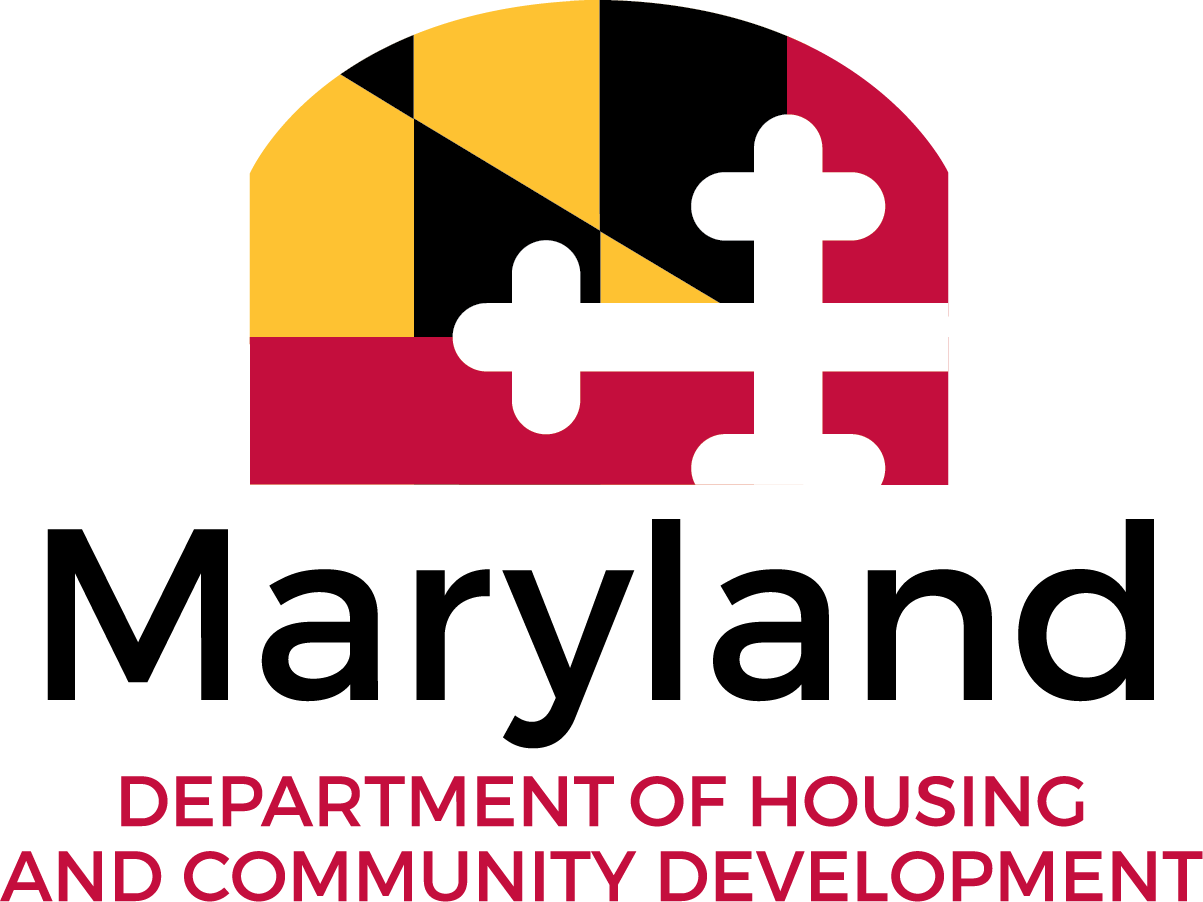Energy Efficiency Opportunities for Income-Qualifying Maryland Customers
Washington Gas has partnered with Maryland’s Department of Housing and Community Development (DHCD) to offer two essential energy efficiency programs for income-qualified households. Homeowners and renters residing in single-family homes can take advantage of free energy upgrades throughout their home by participating in the Income-Qualified Energy Efficiency Program (LIEEP). Multifamily properties offering residency to income-qualified tenants can apply for the Multifamily Energy Efficiency Housing Program (MEEHA) to receive an energy audit of the property along with installed energy efficiency measures to help decrease utility costs.

Income-Qualified Energy Efficiency Program
The LIEEP program provides eligible customers with a pathway to enhanced energy efficiency and lower utility bills. Here’s how it works:
- Free Home Energy Audit: We assess your home’s energy usage and identify areas where energy-saving upgrades are needed.
- Recommended Upgrades: We schedule and install energy-saving improvements.
- Post-Work Assessment: We help ensure your home operates efficiently.
You may receive the following improvements to make your home safer, healthier and more energy efficient:
- Insulation in the attic, floors and walls
- Hot water system improvements
- Lighting retrofits
- Furnace cleaning, tuning and safety repairs
- Refrigerator retrofit, if applicable
- Health and safety items
- Items deemed repair/replacement from the weatherization audit will be free of charge to Maryland Residents
Mutilfamily Energy Efficiency Housing Program
Designed for property managers and owners, the MEEHA program targets multifamily housing units. Here’s an overview of how the MEEHA process works:
- Application: Property managers and owners submit an application to participate. In order to qualify, a minimum of 20% of units must be 80% AMI or less.
- Energy Audit: Qualified energy auditors from Washington Gas conduct on-site energy audits by assessing the building’s energy needs and identifying potential efficiency measures.
- Funding Request: Auditors estimate energy savings and request funding from DHCD for eligible measures.
- Construction Phase: Funds are disbursed during the course of construction as work is completed.
- Documentation: Requisitions include detailed information about the installation and specifications of funded energy efficiency measures.
- Payment Processing: Payments typically take 3-6 weeks to process.
The MEEHA program benefits both occupants and property owners by reducing energy consumption and lowering utility costs.
Household Income Limits for Maryland's Income-Qualified Energy Efficiency Program
Size of Family Unit | Maximum Annual Household Income* |
|---|---|
1 | $68,500 |
2 | $78,250 |
3 | $88,050 |
4 | $97,800 |
5 | $105,650 |
6 | $113,450 |
7 | $121,300 |
8 | $129,100 |
each additional person | add $13,450 |
Updated: 5/08/2024 and Effective 4/01/2024 | *Your total household income must be below the amount listed for the number of residents in your household. Household income includes income from all residents 18 or over, including salaries and wages, retirement income, food stamps and investment income.
Participants of these Programs are Automatically Eligible for Weatherization Services
Program | EmPOWER |
|---|---|
Utility Bill Pay Assistance through OHEP | Accepted |
Supplemental Nutrition Assistance Program (SNAP) | Accepted |
Temporary Assistance for Needy Families (TANF) | Accepted |
Supplemental Security Income (SSI) | Accepted |
HUD housing assistance programs | Accepted |
Fuel Fund Assistance | Accepted |
DHCD Rehab Programs | Accepted |
Baltimore Lead Hazard Control Program | Accepted |
Medicaid | Accepted |
MEA Energy Equity Grant | Accepted |
MEEHA | Accepted |
Geographical eligibility for certain areas | Accepted |
If you are currently an eligible participant in one of these programs, you are automatically income-eligible for weatherization services.
